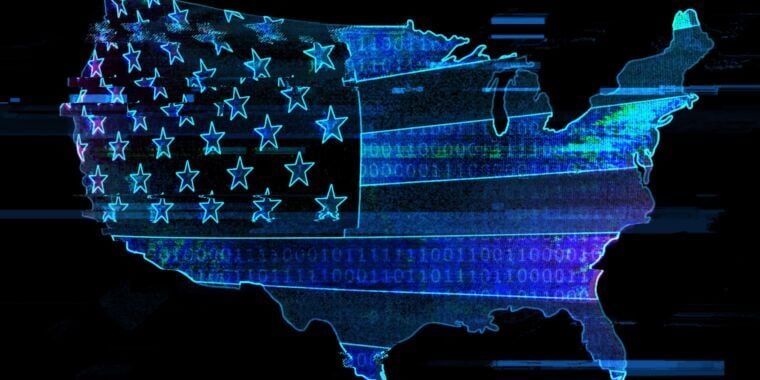Shit, I’m even grateful for when you all tell me off.
Oh fuck off!
Just kidding! I haven’t seen any of your posts here (mostly because I sort by all) but yeah the people in this sub are top tier.
A few weeks ago I came here to ask about building my own computer and which parts to get because it had been years since I’ve done so and everyone was nice about it.













There was a Republican politician that said something along the lines that God was punishing states because they allowed gays. And then his state got hammered in the ass by another storm.
He didn’t walk back his statement.
These people just want to blame everything bad on their enemies.